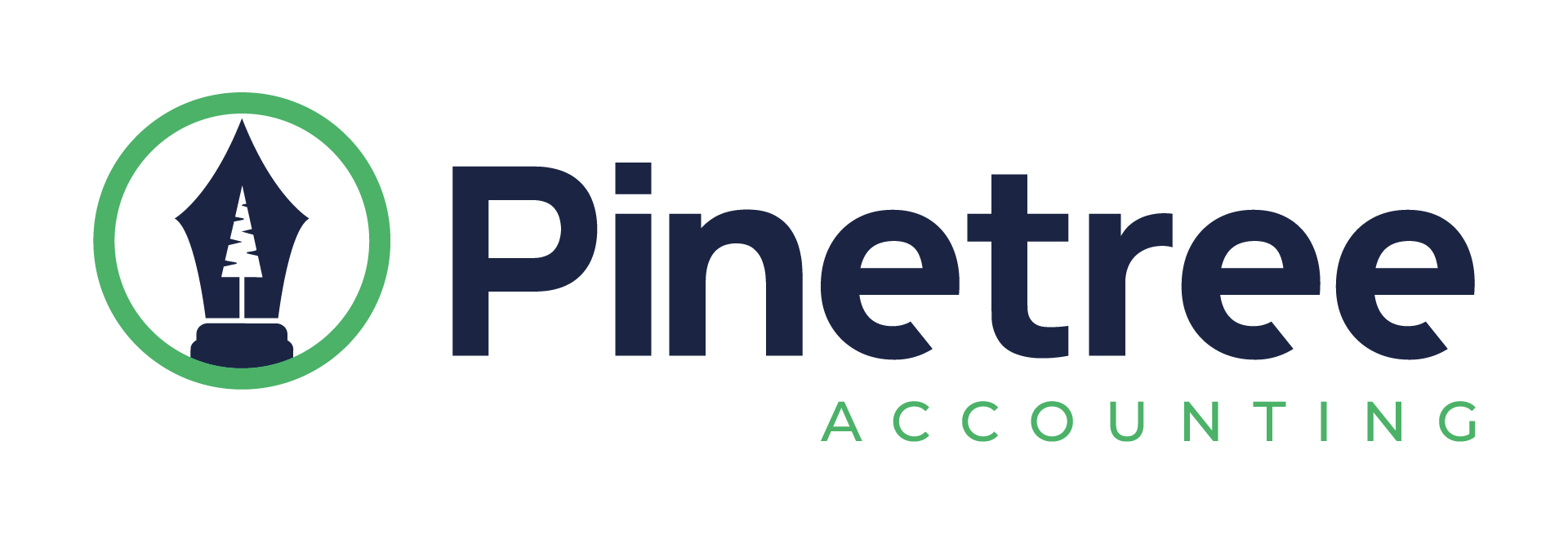Hong Kong caters to a plethora of different industries and is widely recognized to be a world-class center of business, culture and trade. It’s economy is very much thriving and is a home for international trade and investment.
Contributing to its success as a financial hub are its 3 distinct areas being Hong Kong Island and Kowloon which are both thriving business hubs, and the industrial leaning area of the New Territories. With the many businesses and non profits that make up the diverse landscape within Hong Kong, the finance industry (accountancy firms in particular) are also thriving given the need to comply with the tax regulatory requirements of businesses in Hong Kong.
While Hong Kong has had its challenges in recent years with social unrest and also the affects of the COVID-19 Pandemic, Hong Kong’s resilience is well established. The evidence of this resilience was reported in the Global Financial Center Index report released in 2021, which indicated HK as fourth globally.
To quote Mike Wardle from the Z/Yen Group, one of the co-authors of the report, “The achievement for Hong Kong is that it is firmly established among the leading world financial centres in a very competitive system. We expect this to continue to be the case going forward.”
The complexities of the regulatory environment for Hong Kong companies wont be going away anytime soon. So of course, if you own or operate a business in Hong Kong, you will have to keep up!
Most business owners and entrepreneurs understand the importance of year end reporting. The problem is that many don’t know where to start and can leave things to the last minute, creating unnecessary headaches and problems to solve for their accountant.
Here, we have listed down some tips which will help your business get through the financial year without the headaches.
When is the financial year in Hong Kong?
In Hong Kong, the financial year begins on 1 April and ends on March 31 of the following year. Companies are required to prepare their books at this point. This is also referred to as the year-end bookkeeping and is used to calculate a company’s Hong Kong tax requirements.
Is the Calendar Year and Fiscal Year the same in Hong Kong?
A business’s financial year, also known as a fiscal year, should not be confused with the calendar year. While a calendar year begins in January and goes till the end of December, a fiscal year is determined by the local governing authorities and is unique to that jurisdiction. The financial year is the time period in which financial statements are created and audited for a business. As stated in the paragraph above, for Hong Kong it is April 1st to March 31st.
Accounts are closed at the end of each accounting period—normally the month or quarter in which they were created (depending on your business).
For instance, if your business’ financial accounts complete on 31 March (the bookkeeping end), your income tax returns could close two months later, on 31 May.
Year-end close is a critical component of year-end accounting. This work entails taking the necessary steps to guarantee that you are keeping up with your small business’ financial transactions— recording it with accuracy and completeness.
At the end of the 12-month period, you will have to balance the books of your small business in order to:
- Assist you in your tax obligations
- Help you spot problems and opportunities
- Provide accurate information to make sound financial decisions for the following year
At the time of the release of this article, the end of the fiscal year has come up and you will be required to prepare your annual income tax return. If you haven’t been paying enough attention to your books throughout the year, you might realize the inaccuracy of your financial statements at the year-end closing.
In this situation, you will have to spend extra time rectifying your mistakes on your books – extra work and stress for you!
9 Year End Hong Kong Bookkeeping Tips to Help You Get Started
- Prepare your financial statements
It is important to keep detailed records showing sales revenue and expenses for every month in order to make accurate financial statements. These statements can also then be used by investors, lenders and other interested parties who want to understand how your business performs financially over time.
This also gives you a glimpse of how your business’ financial standing is.
This includes:
- Income statement
- Balance sheet
- Cash flow statement
Preparing and gathering your financial statements regularly can lessen the burden of your year-end bookkeeping.
- Complete all necessary documents for workers and contractors.
You will need to complete any necessary documents related to employees or contractors who have worked for your business throughout the fiscal year.
Talk to a local accountant about income tax requirements or other employee related documents you may be required to fill. You will also need to provide details of any other business expenses that were made over the course of the year related to those who’ve worked for you.
- Take an inventory
You need to know what you have in stock and what you’ve sold. Your records will be off if you don’t have a systematized inventory process that is ongoing throughout the year. If you’re not currently taking inventory, make sure it’s a part of your plans moving forward.
- Organize receipts from business transactions
Creating a system for keeping track of your receipts and expenses is key to having a healthy financial profile, both for your business and yourself. It also helps you stay organized, especially when it comes time to file taxes or get funding from investors.
You could go with the old-school way—stashing your records and receipts in your offices, or opt to keep digital receipts. At Pinetree, we recommend Xero for small business accounting which enables you to take photos of your receipts and store them digitally in the cloud. Whether you opt for paper or digital, you can organize your receipts chronologically or by the type of expenses. This will hopefully make it easier for you when it comes time to go through your receipts.
- Check the payables and receivables
Many small businesses underestimate their taxes on hand at the end of the year due to forgetting to account for payables and receivables. This could lead to unexpected cash outflow when it comes to settling tax payments.
It is important for you to check whether you have correctly accounted for your payables/receivables in your books so that there are no surprises come tax filing time.
- Process Bank Reconciliations
One of the best ways to keep your books and records organized is by setting up a system for processing all of your bank reconciliations throughout the year.
Doing so will enable you to more easily take accurate, timely actions, such as paying bills, transferring funds between accounts, or making deposits/withdrawals from bank accounts.
- Bring In Expenses Paid With Personal Money
If you run a business, you must keep accurate books and records. You need these to be able to pay your taxes, file a return and make sure your business is running properly.
But it’s not enough to just report the income and expenses of your business on a tax schedule. You also have to show where every dollar came from, and where every dollar went.
This is also called “personal money brought in” or PMBI (for short). If you don’t use this section at the end of your tax return, the Inland Revenue Department may think that you didn’t bring in all the money that was supposed to be coming into your business last year — which may make it look like you’re not reporting all of your income.
If you’re preparing a tax return for the first time, it’s important to know how much personal money was brought in at the end of the year. This is true of any business that has been operating for more than one year. Once you start keeping books and records, it’s important to keep them up-to-date — even if you’re no longer in business.
- Quick-Check Your Ledger Accounts
As you prepare your businesses’ financial reports at the end of the year, it is important to secure your books and records so they can be audited. This is particularly critical if you are a business owner with multiple sources of income.
When you do not have a proper record keeping system in place, you open the door to the risk of fraud, embezzlement or theft.
An easy way to make sure that your books are secure is by placing one or two checks for each account through your check register each month.
You can also use other forms of record keeping such as check stubs and canceled checks, but this method will help you to keep track of all your bank transactions — cash deposits, receipts for payments made, etc.
You simply need to keep a check register on file for the entire year. When you close out the year, simply go through all these entries to check accuracy and make sure that everything has been entered properly.
- Calculate Your Total Outstanding Debtors and Creditors
One of the best things we can put our time into when running a business, is to keep track of the financials. When you run your finances well, decisions become clearer and stress is greatly reduced.
A common mistake business owners make when managing their finances is not keeping tabs on their outstanding debtors and creditors. It’s easy to start a new account, or apply for a loan or credit card and then loose track of the details in the busyness of business life.
For example, when you have credit card debts outstanding, your monthly payment comes out of your available cash flow. A bigger payment means that you’re using more money to pay off interest than you earned in profit, so your profits will be lower from there on out.
You must calculate your total outstanding debtors and creditors at the end of each year to get a good idea of where your business is financially. This includes all types of accounts — credit cards, loans, mortgages — even if they’re just sitting in your file drawer collecting dust or in a safe deposit box.
You can’t accurately predict how much your business will earn until you know how much it owes.
Outsourced Bookkeeping to Finalize your Books for the End of Financial Year in Hong Kong
Preparing for your business’ taxation requirements might be an overwhelming task for you especially if you are doing it all alone. And that’s understandable.
Of course, you can follow the tips above or research on your own but you might also want to consider seeking the help of accounting professionals who specialize in these important aspects of your business.
PineTree Accounting Services can definitely help you. We offer complete outsourced accounting solutions and take pride in helping our clients manage and build successful businesses. Our Bookkeeping and Accounting experts can help you with all your accounting needs in Hong Kong. From tax returns to payroll services, we can take care of it all!
If you need to know more, you may contact me at vinod@pinetree.hk, call us on +852 3529 2328 or visit our website www.pinetree.hk





